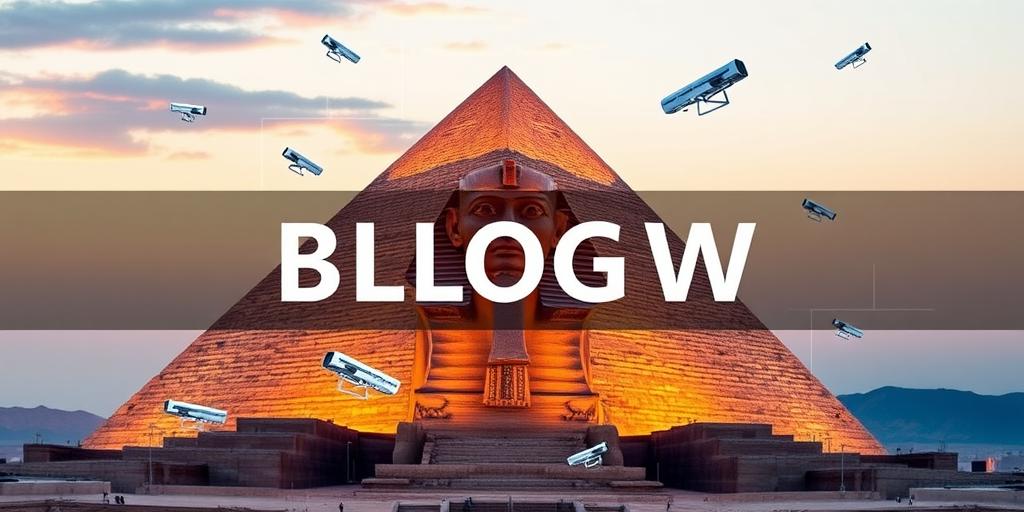Egypt has been increasingly assertive in its control over the digital sphere, implementing measures to monitor online activity and remove content deemed critical of the government or in violation of vaguely defined laws. This trend raises concerns about freedom of expression and the potential for censorship within the country.
Legal Framework and Implementation
The legal basis for online surveillance and content removal is primarily found in the 2018 Cybercrime Law and subsequent amendments. These laws grant the government broad powers to monitor internet traffic, access user data, and block websites or social media accounts. Article 19 of the International Covenant on Civil and Political Rights guarantees freedom of expression, but this right may be restricted if the limitations are provided by law and are necessary:
- For respect of the rights or reputations of others;
- For the protection of national security or of public order (ordre public), or of public health or morals.
The implementation of these laws is carried out by various government agencies, including the Ministry of Interior and the Supreme Council for Media Regulation. These bodies have the authority to issue directives to internet service providers (ISPs) and social media platforms, compelling them to remove content or provide user information.
Methods of Surveillance
The Egyptian government employs a range of techniques to monitor online activity:
- Website Blocking: Numerous news websites, human rights organizations, and political blogs have been blocked, limiting access to diverse perspectives.
- Social Media Monitoring: Social media platforms are actively monitored for content that violates government regulations. Accounts critical of the government have been suspended or deleted.
- Data Collection: The government collects user data through various means, including requiring national ID cards for mobile phone registration and monitoring online communications.
Impact on Freedom of Expression
The tightening grip on online activity has had a chilling effect on freedom of expression in Egypt. Journalists, activists, and ordinary citizens face the risk of arrest and prosecution for expressing dissenting views online. This has led to self-censorship and a decline in open dialogue.
Examples of Content Removal
Examples of content removal include:
- News articles critical of government policies.
- Social media posts deemed insulting to the president or state institutions.
- Websites promoting human rights or political activism.
International Criticism
Egypt's online surveillance and content removal practices have drawn criticism from international human rights organizations and governments. Concerns have been raised about the lack of transparency and due process in the implementation of these measures, as well as their impact on fundamental freedoms.









